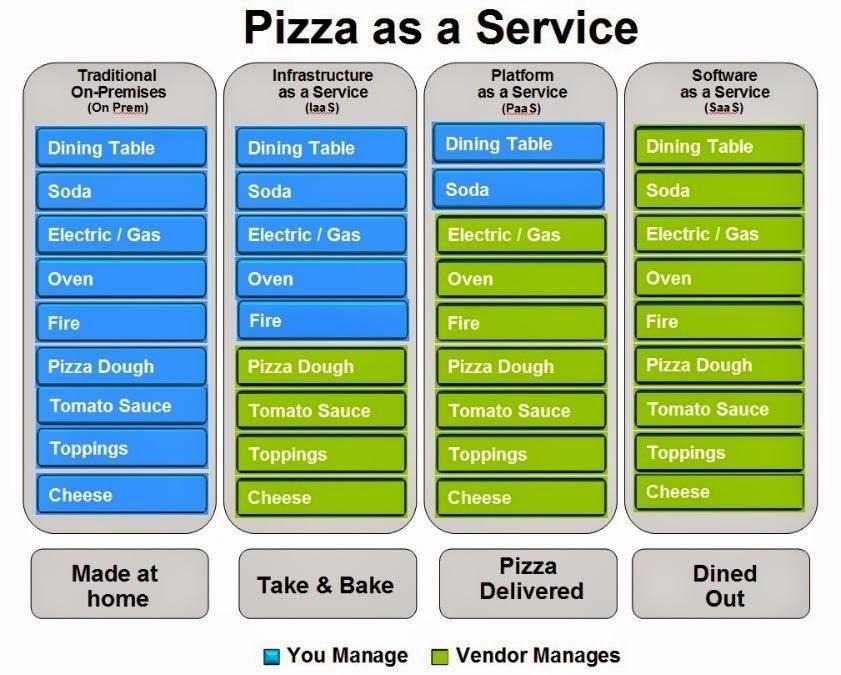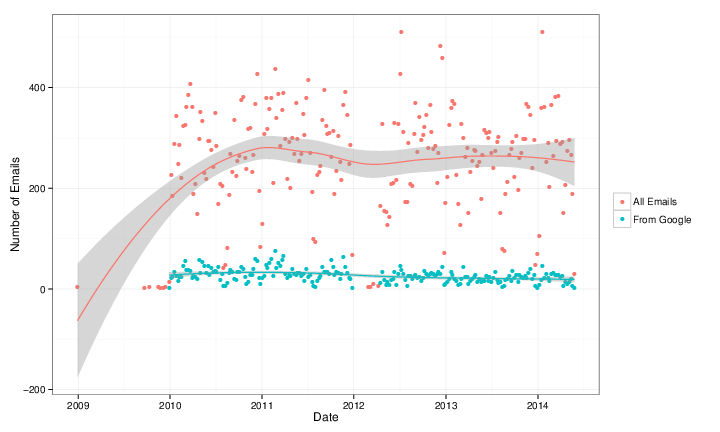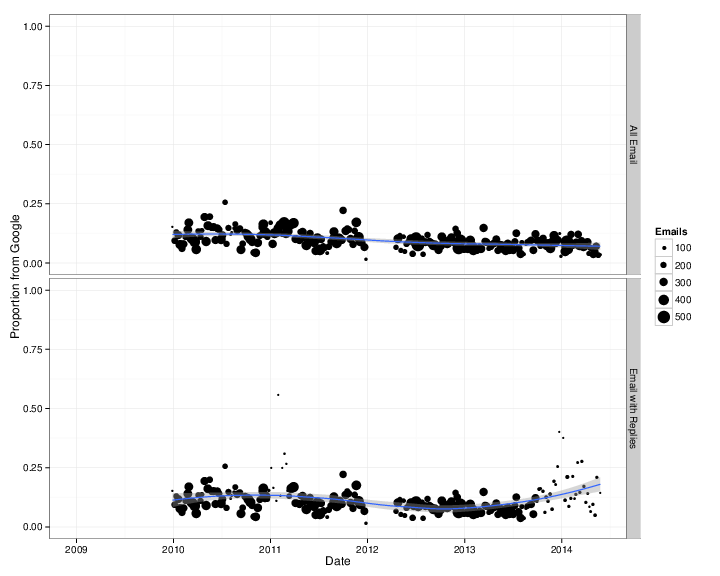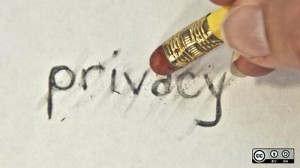Workshop on “Open Standards for ICT procurement” [updated]
Yesterday I participated in a workshop on “”Open Standards for ICT Procurement: Sharing of Best Practices”. This was organised by PWC for the European Commission’s DG CNECT, and forms part of an EC-funded project on “Guidelines for public procurement of ICT systems“.
The invitation read:
Under Digital Agenda, the European Commission commits itself through Action 23 to provide guidance on the link between ICT Standardisation and Public Procurement in order to help public authorities use standards to promote efficiency and reduce lock-in.
As a matter of fact, using ICT open standards results in:
– Higher savings when procuring ICT– An increased level of competition among suppliers
– Being compliant with EU Public Procurement directives
Not much to quibble with here, except perhaps a slightly excessive use of bold font. As the goals for the event, the invitation stated:
– Share some good practice examples about ICT procurement;
– Stimulate the debate around the next steps / new ideas for DAE Action 23;
– Present a first set of insights on the state of the art of ICT public procurement using standards through Europe.
Best practice examples have been carefully selected to match the needs and wants of all potential participants.
So, how did this go? For some of the talks, I’m really not sure what to make of them. This goes especially for the presentations of EU-funded projects like Fi-Ware, on which the EC has so far spent EUR 300 million, according to the CNECT person on the panel. Most of the Fi-Ware stuff is apparently meant to be Free Software. When I asked about specific licenses, and where to find code, the speaker replied “oh, it’s all open source”. I did end up finding something called the “catalogue of generic enablers“, which has links to source code for a bunch of projects, under various licenses. Well, that’s something – but I’ll leave it to others to decide whether this is worth the money invested.
Some talks were more valuable, like the one on standard contract clauses for software development contracts, which enable public bodies to re-use and share the software they (i.e. the taxpayers) have paid for. And some were quite excellent, such the one by Linda Humphries. Linda is a Senior Technology Adviser within UK’s Government Digital Service. She talked about the UK’s Open Standards policy (which she helped to build), and the effects of that policy.
My favourite moment of the day came when I tweeted that under the new policy, more than half of the government’s IT spending is going to SMEs. [Update: Stephen Quest has kindly pointed out that this refers only to the UK Government’s IT spending on cloud services. It’s still an impressive figure. — thanks!] One of Linda’s colleagues in GDS pointed me to a page that doesn’t just show more figures. It also has the raw data on government IT contracts, by month, in CSV. I wish more governments were like this.
Quite a few of the participants commented that the main target audience of the workshop – people who are actually doing public procurement in ICT – wasn’t really there.
As so often, the real value of the event was in the people who were there. The workshop provided an opportunity for the small community pushing Free Software and Open Standards in procurement to meet and share updates. I managed to introduce a few people, especially from the Commission, to outside experts they should definitely be talking to.
What else could the Commission do to drive the take-up of Free Software and Open Standards in public procurement?
At the workshop, DG DIGIT’s Pierre Damas talked about updates he’s making to the Commission’s notoriously weak “open source strategy“. He specifically mentioned that in future, EC developers (perhaps even including contractors) will be allowed to contribute to outside Free Software projects, and that the EC would adopt a “free software first” policy for internal developments. Both steps are obviously useful, though a good time to take them would have been perhaps a decade ago.
From the presentations and several private conversations, it became clear that the EC’s main problem is their reliance on proprietary document formats. Awareness of this seems to be slowly growing, though I have yet to see any concrete steps proposed to deal with the issue.
Oh well, here at FSFE, we’ll keep pushing. If you’d like to support our work on public procurement, please sign up as a Fellow, or make a one-time donation. Thanks!



